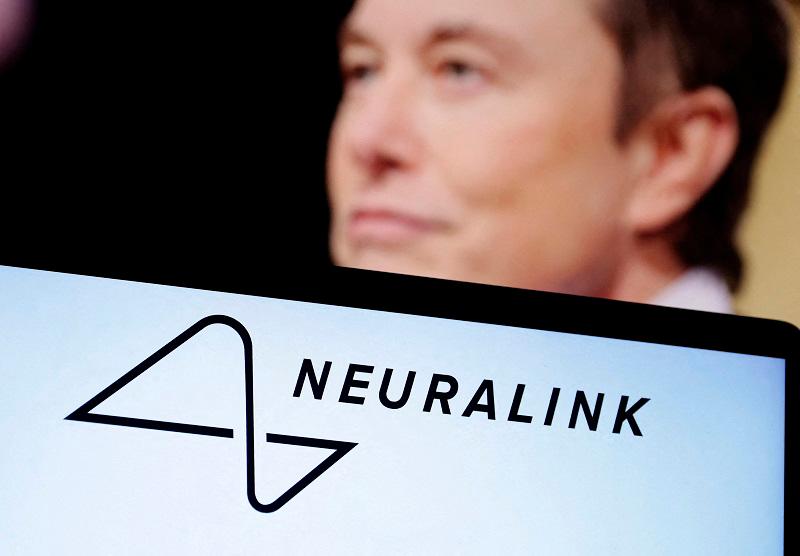MOSCOW: US billionaire entrepreneur Elon Musk said that a second person had already received an implant from Neuralink, the procedure was successful.
“I think it’s obviously going to get better with each one. I don’t want to jinx it, but it seems to have gone extremely well with the second implant. So, there’s a lot of signal, a lot of electrodes. It’s working very well,“ Musk said during an eight-and-a-half-hour podcast with YouTube blogger and computer scientist Lex Fridman.
According to Musk, 400 electrodes are working in the patient’s brain.
Earlier, Noland Arbaugh, the first person with a Neuralink implant, told Sputnik that despite the fact that some of the electrodes had previously moved away from the brain (now “they are working plus-minus 15 per cent”), the efficiency of the device in his brain is only growing. According to Arbaugh, if next participants in the experiment can get 100 per cent or 90 per cent of the electrode threads working, they will be able to do things that he can’t do now, and that gives great hope for the future.
Musk noted that the company hoped to have 10 patients with Neuralink implants by the end of the year.
In January 2024, Neuralink founder Elon Musk announced that the world’s first person had received a brain implant. It was 29-year-old Noland Arbaugh, who was completely paralysed as a result of an accident in which his spinal cord was damaged. Using Neuralink technology, a small device similar to a button battery was implanted in the area of Arbaugh’s brain responsible for processing commands to the motor apparatus, from which microwires with electrodes extend that receive signals from the patient’s brain. Brain commands are wirelessly transmitted to an application on a computer, thus allowing the owner of the implant to control it using the “power of thought”. According to the company, the technology is designed to help people who have lost the ability to use their limbs.
In early July, Musk announced that the implant would soon be installed in another participant in the experiment. - Bernama, Sputnik









